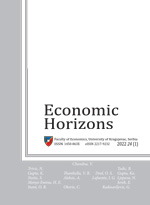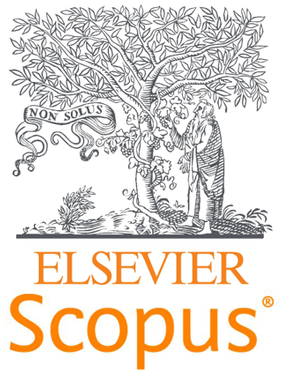THE RELATIONSHIP BETWEEN RUSSIA’S AND TURKEY’S SECTORAL STOCK MARKETS: THE EFFECTS OF THE RUSSIA-UKRAINE CONFLICT
İbrahim Halil Ekşi1, Feyyaz Zeren2 and Samet Gürsoy3
1Gaziantep University, Faculty of Economics and Administrative Sciences, Turkey
2Yalova University, Faculty of Economics and Administrative Sciences, Turkey
3Burdur Mehmet Akif Ersoy University, Bucak Zeliha Tolunay School of Applied Technology and Business Administration, Turkey
In this paper, the effects of the Russia-Ukraine conflict on the stock markets of Turkey (BIST), which has strong economic relations with both countries, and Russia (MOEX), one of the parties to the conflict, are investigated. The relationship between the stock indices for the overlapping sectors of both stock markets (namely the consumption, electricity, financial, oil and telecom sectors) are examined using the Fourier volatility spillover and Fourier-Granger causality tests. The findings of the paper indicate that there is a bidirectional causality relationship between both countries in the electricity sector, and a causality relationship between BIST and MOEX in the telecom sector. In addition, there is a bidirectional volatility spillover in the electricity, finance and oil sectors between the stock markets of the two countries. However, there is also a volatility spillover from MOEX to BIST in the food sector. The COVID-19 epidemic and the Russia-Ukraine war can be quoted as the reasons for this situation. This volatility spillover between the countries seems likely to harm the Turkish economy in the case of possible negative developments during the war. The results obtained in this study provide valuable information for portfolio diversification to the investors who will invest in these sectors as long as the war conditions continue.
Keywords: Ukraine-Russia conflict, Fourier volatility spillover, Fourier-Granger causality, MOEX, BIST
JEL Classification: E44, F51




